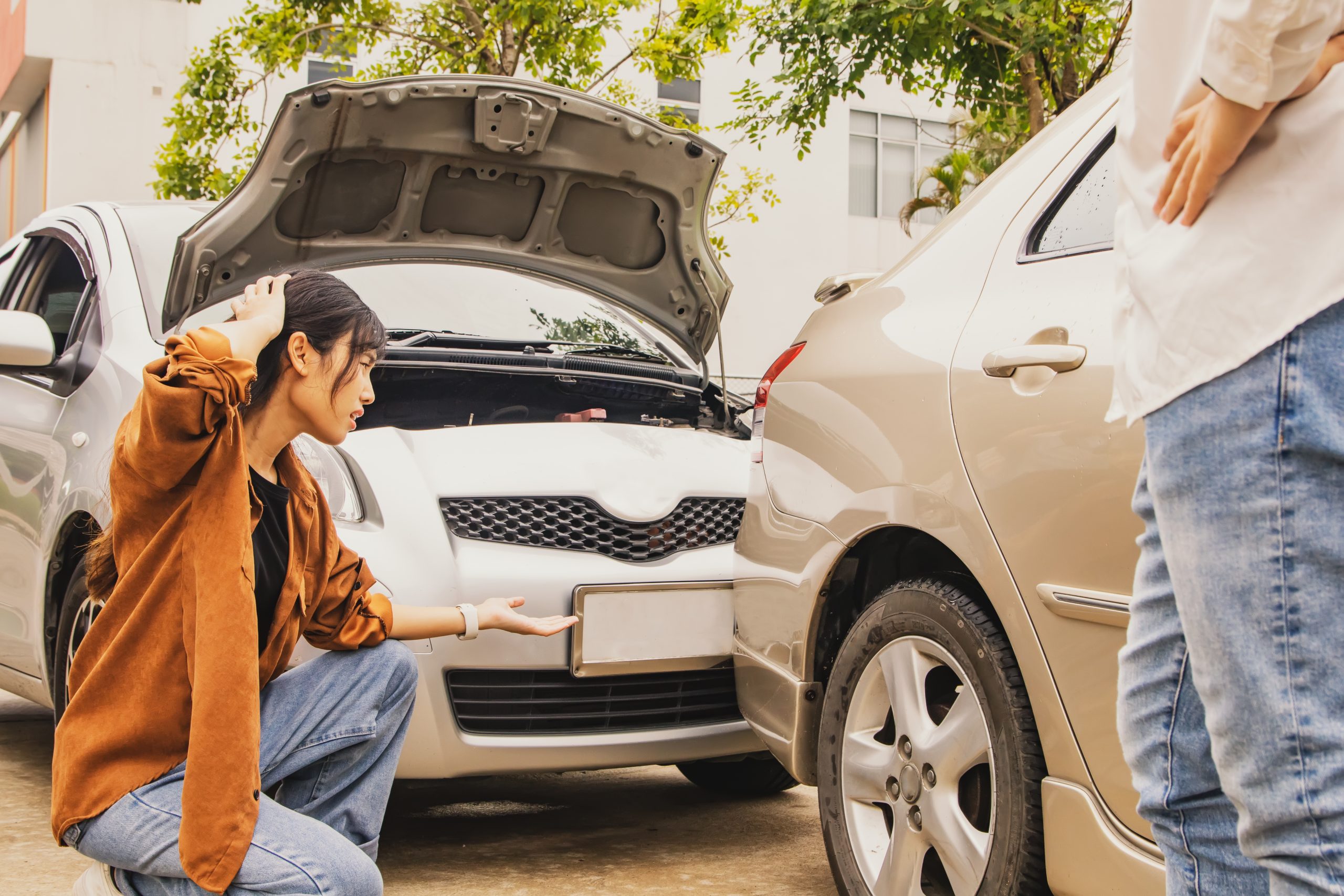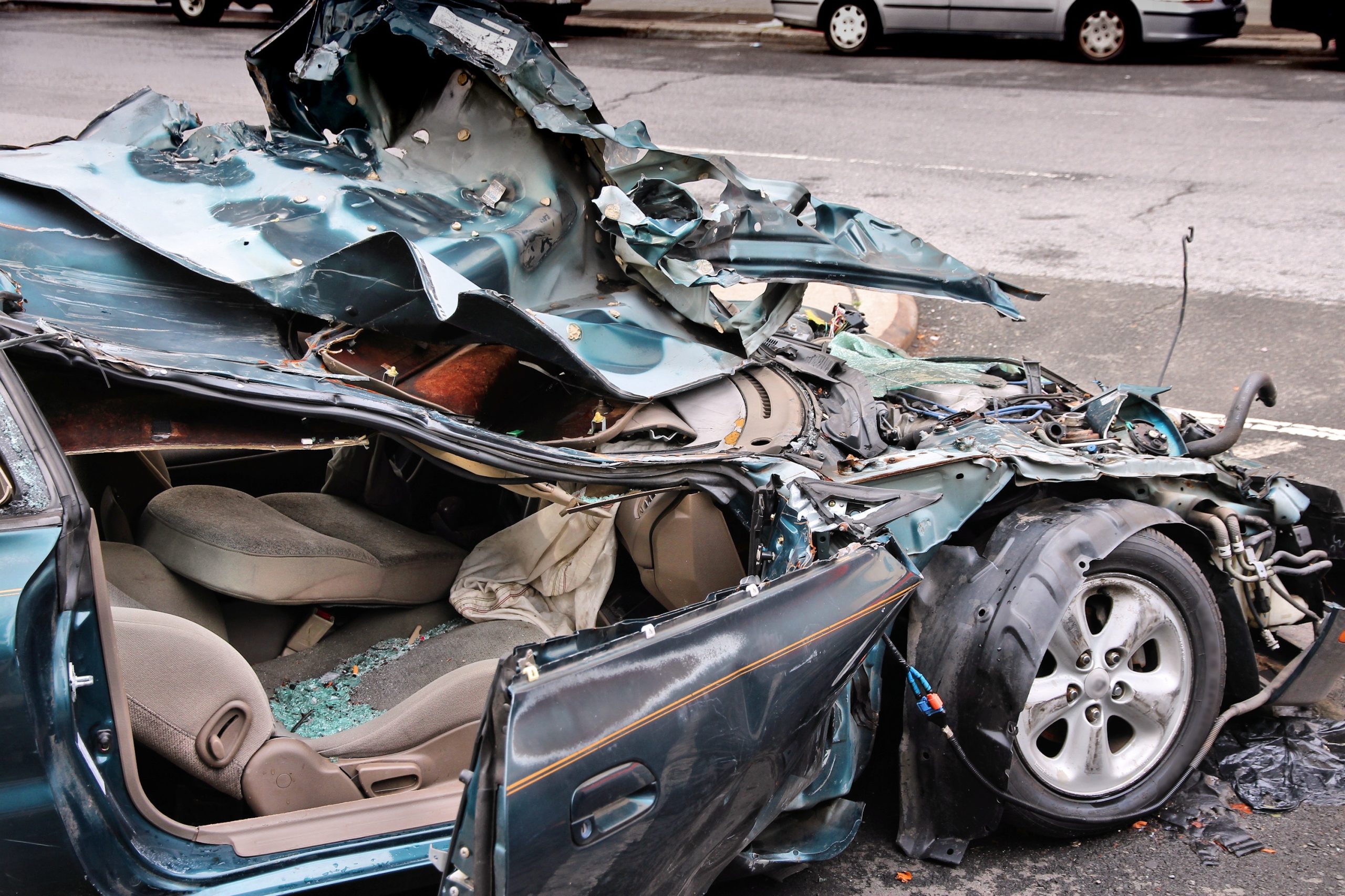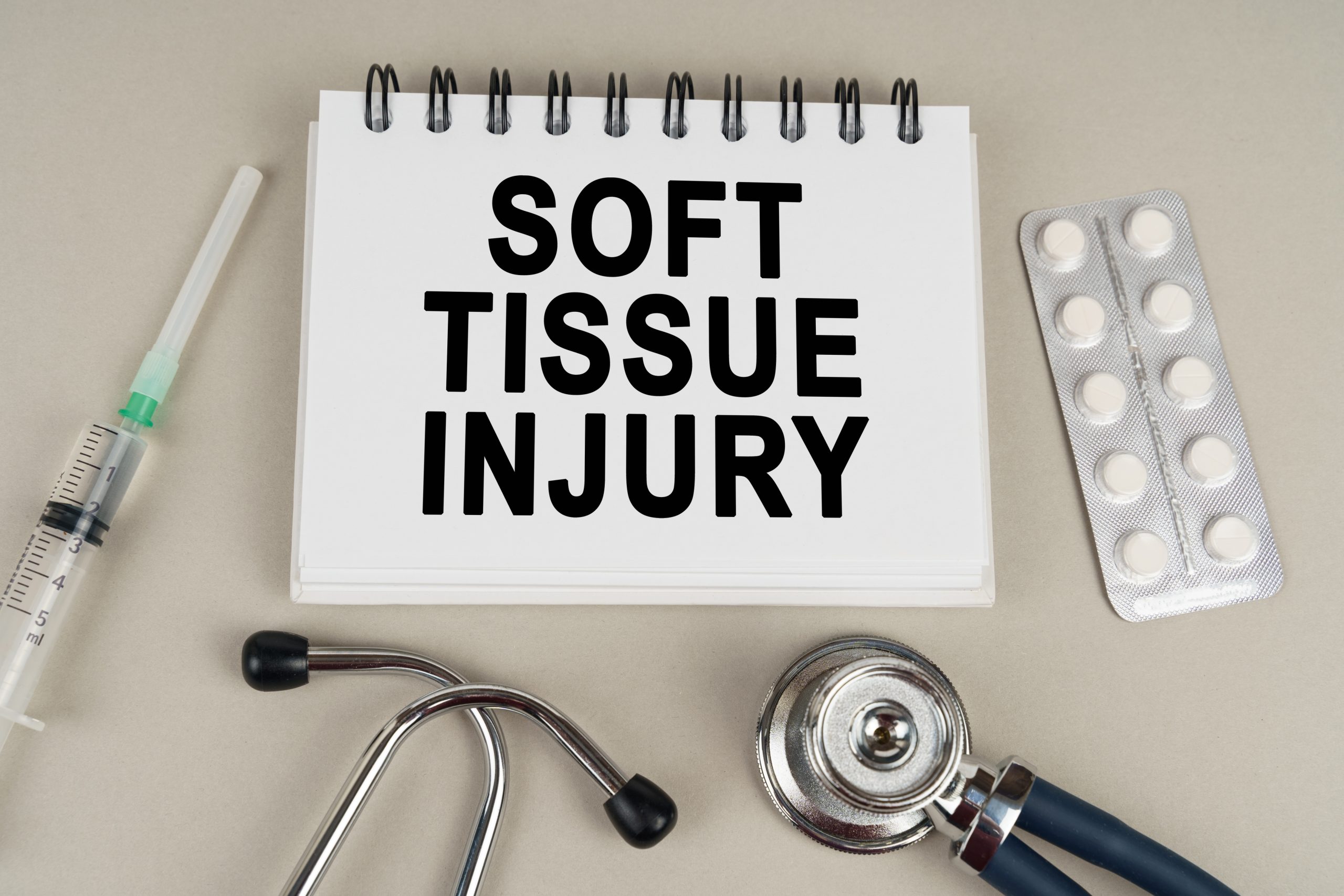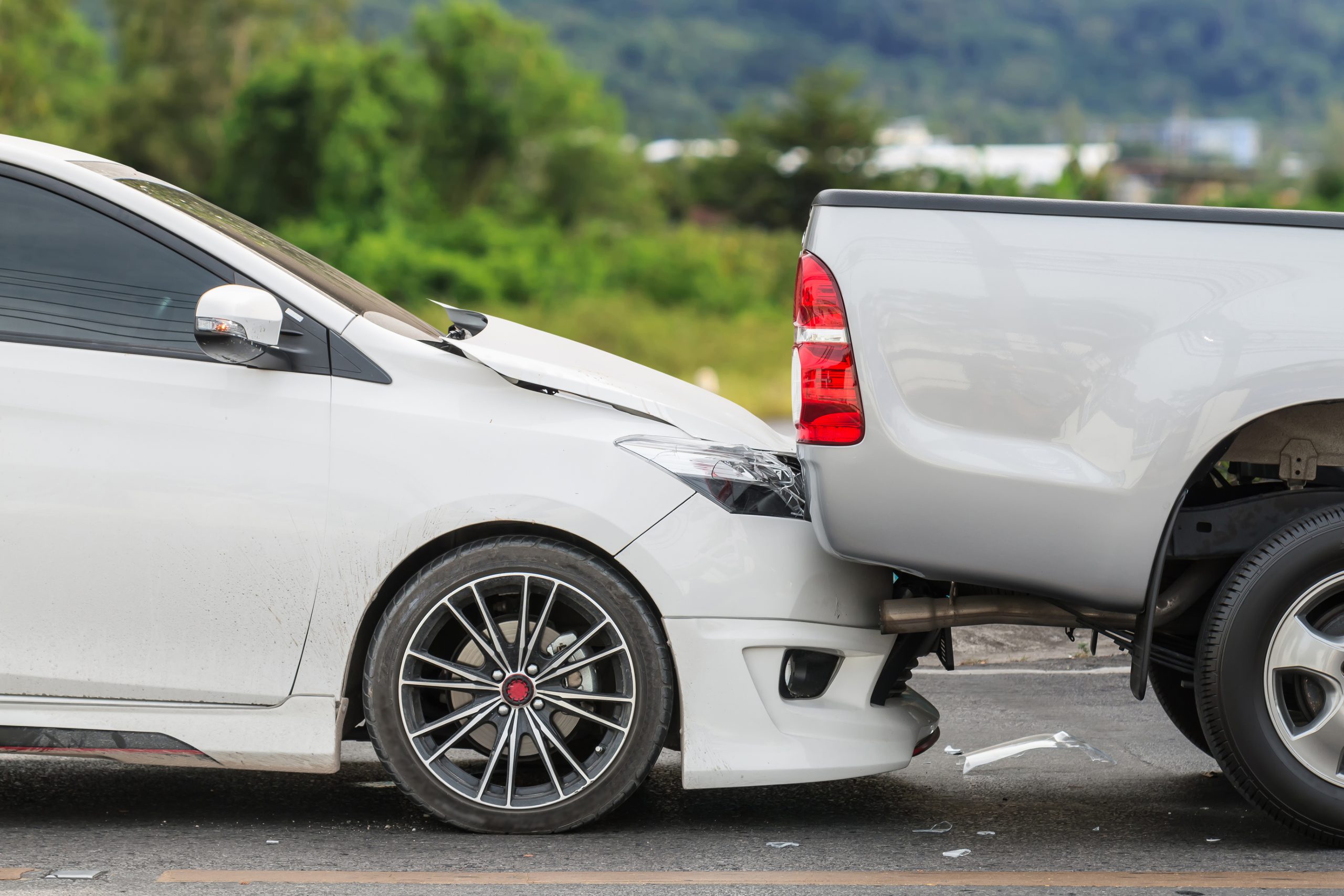After being injured in a car crash, you may be left with unexpected expenses. You could have medical bills, lost income, property damage, and other notable harms and losses. Fortunately, you may be able to recover financial restitution for these harms and losses through an accident injury claim. If you were injured in a car crash caused by another person’s negligence, you may be able to seek compensation by filing an insurance claim and/or a civil suit. There are several types of damages you may claim in a personal injury lawsuit if you have sustained injuries in a car accident. Economic recoveries such as medical bills are chief among these types of compensatory damages, property damage, non-economic damages like pain and suffering or emotional distress, punitive damages for particularly egregious acts of negligence on the part of a driver responsible for an accident, and even funeral expenses when applicable.
Types of Damages You Can Claim:
Economic Damages
- Lost wages
- Property damage
- Medical expenses
- Rehabilitation costs
- Funeral expenses (in the event someone died in the collision)
- Loss of earning capacity
- Diminished value of property
- Vehicle rental fees
- Legal fees
Non-Economic Damages
- Pain and suffering
- Emotional distress
- Loss of enjoyment of life
- Loss of consortium
- Disfigurement or scarring
- Mental anguish/trauma
- Loss of reputation or stature in the community
Wrongful Death Damages
- Loss of future income or benefits
- Funeral and burial expenses
- Loss of companionship, comfort, guidance, and advice
- Pain and suffering endured by the deceased before their death
- Mental anguish suffered by surviving family members due to the loss of a loved one
- Loss of inheritance caused by premature death
- Medical bills incurred because of the fatal accident
Punitive Damages
Punitive damages serve as a type of punishment for egregious behavior that may have been committed by the negligent motorist (e.g., drunk driving, traveling at an excessively high rate of speed, and so forth). Punitive damages can be imposed on top of any other forms of recoveries available. These types of damages are meant to deter similar conduct in the future and hold wrongdoers accountable for their actions. In some cases, punitive damages may even exceed economic losses incurred by a victim due to the severity of an offender’s behavior. It is important to note, however, that these awards are handed down in specific circumstances and are not generally recoverable.. It is important for those seeking such relief after a car accident to consider seeking legal counsel to determine if they qualify for a punitive damage recovery.
How Do I Calculate How Much I Am Owed After a Car Accident?
To calculate a rough estimate of how much you may be owed after a car accident, you will need to consider a few different factors:
- Determine the Value of Your Vehicle. First, you will need to determine the value of your vehicle. This can be done by researching the Kelley Blue Book value of your car or getting an estimate from a local auto body shop.
- Calculate the Cost of Repairs. Next, you will need to calculate the cost of any necessary repairs. Again, you can either research this information yourself or get an estimate from a local auto body shop.
- Factor in Lost Wages. You would need to factor in any lost wages if you could not work due to your injuries following the car accident.
- Determine Medical Expenses. You will need to determine how much you spent on medical care and costs over several months. Along with this, you need to accurately determine if you will require future medical care due to your injuries. This includes gathering medical bills, out-of-pocket medical receipts, medication receipts, and future medical procedure costs.
Once you have all this information, you can begin to calculate a rough estimate of how much you may be owed. However, it is important to remember that this is only a rough estimate, and the actual amount you are owed may be different.
How To Collect Damages for a Motor Vehicle Accident?
When recovering damages from a car accident, the amount and types of compensation available will depend on the specific circumstances surrounding your particular case. To collect car accident damages, you need to prove that the other person was at fault for the accident. This means showing that they breached a duty of care and that their negligence caused your car accident injuries or property damage. To do this, you will need to provide evidence such as eyewitness testimony, photos from the scene of the accident, police reports, medical records and bills related to your injuries or property damage.
To collect damages and claim compensation from a car accident, you must typically show the following:
- The other party owed you a duty of care;
- The other party failed to fulfill their duty of care;
- The accident was caused by the other party’s breach; and
- Your injuries and financial losses were because of the accident
If you can prove these points, you can prove that the other party is negligent.
How To Maximize Damages in a Car Accident Claim
While there really is no way to guarantee the amount of damages you will receive in a car accident claim, taking certain steps when building your case can help maximize your compensation.
- Preserve evidence at the scene. Take pictures or videos, if possible, to provide visual evidence of the accident scene that could be used when presenting evidence.
- Seek medical attention right away. Do not wait until days or weeks after an accident to be evaluated by a physician as it could be easier to dismiss an injury as not being due to the accident.
- Document all injuries. Keep all documentation describing the extent of your injuries and expected treatments.
- Consider consulting with an experienced attorney. Those who specialize in car accident cases can help you determine everything you need to present your case.
- Communicate effectively with insurance. Clear communication with your insurance and that of the other party can help keep things moving. Your attorney should help facilitate those conversations for better results.



